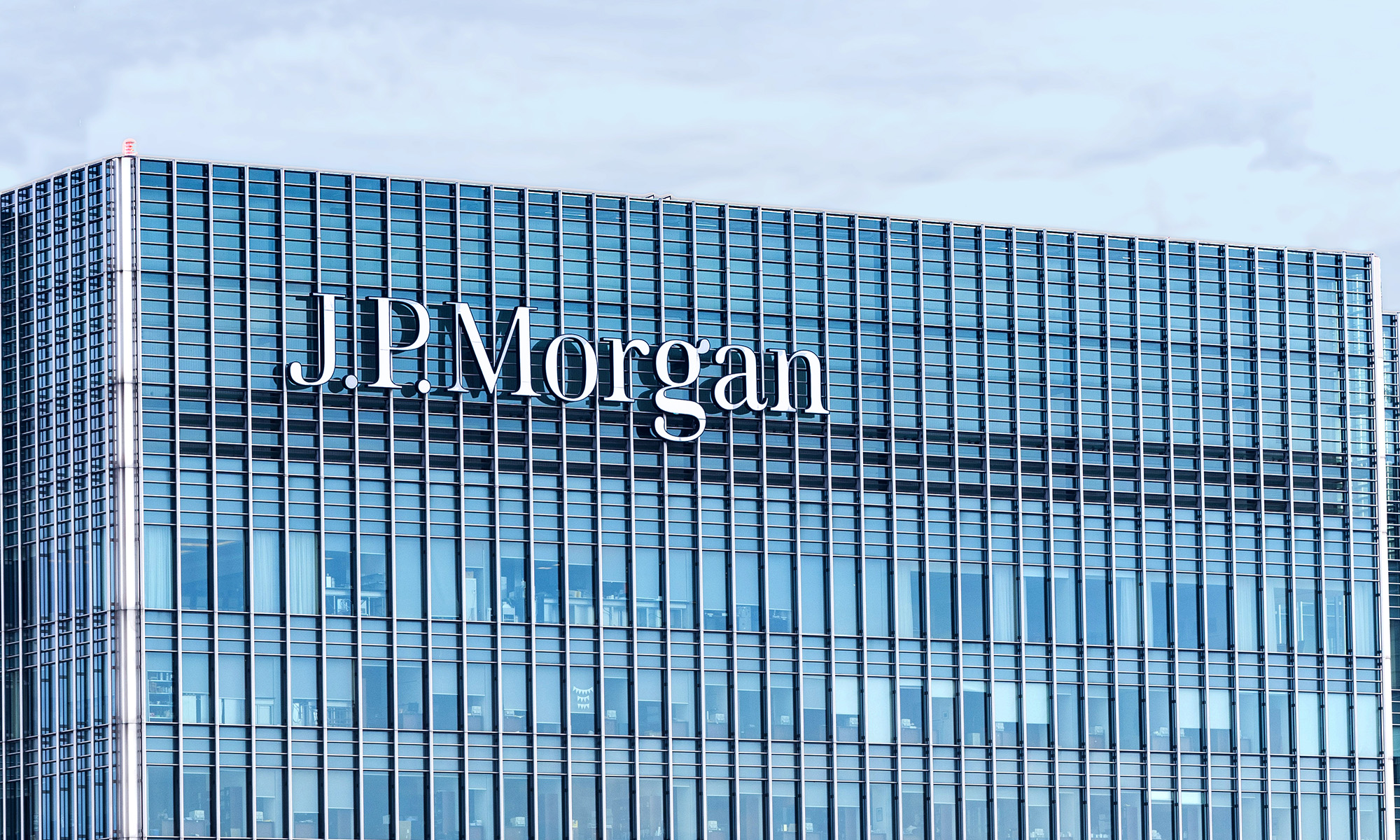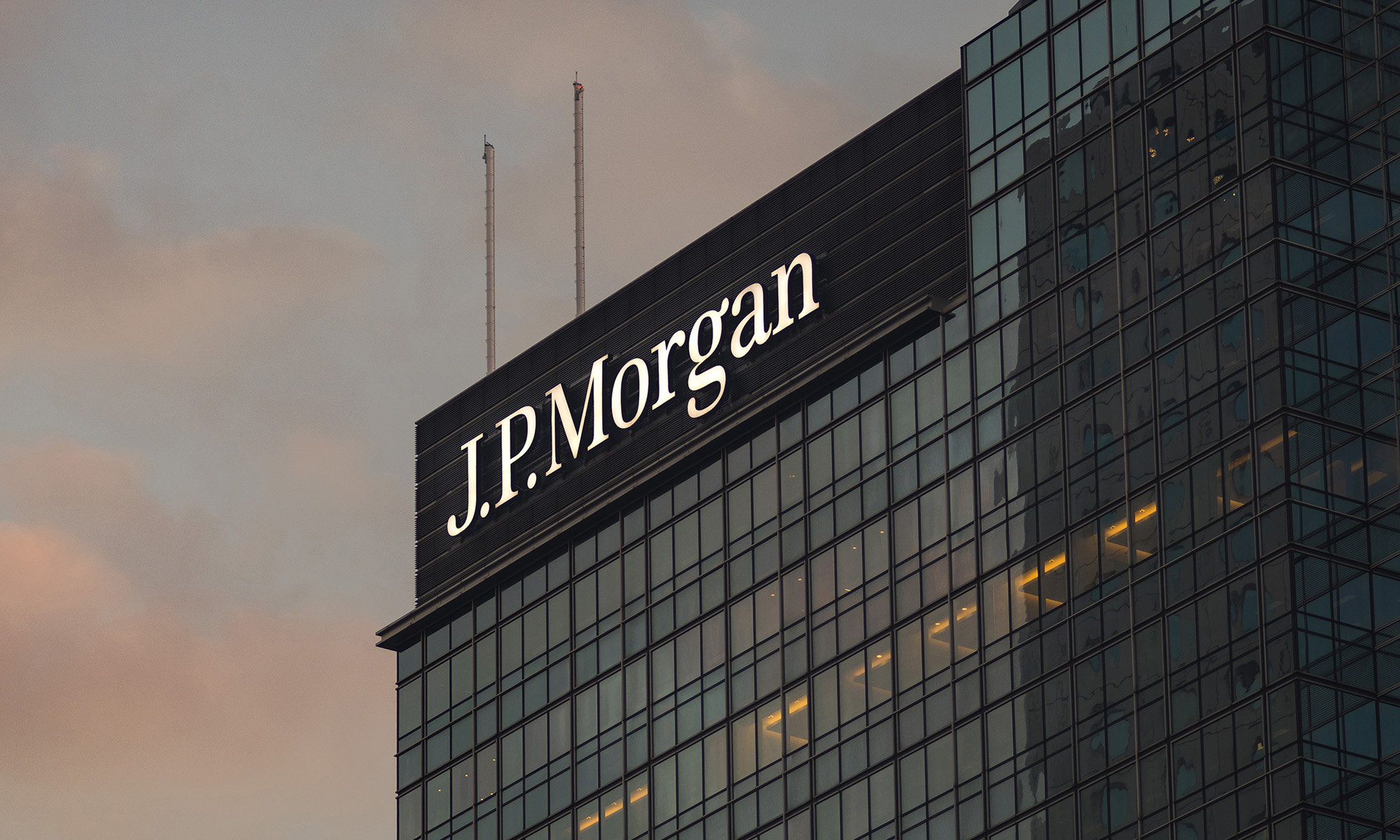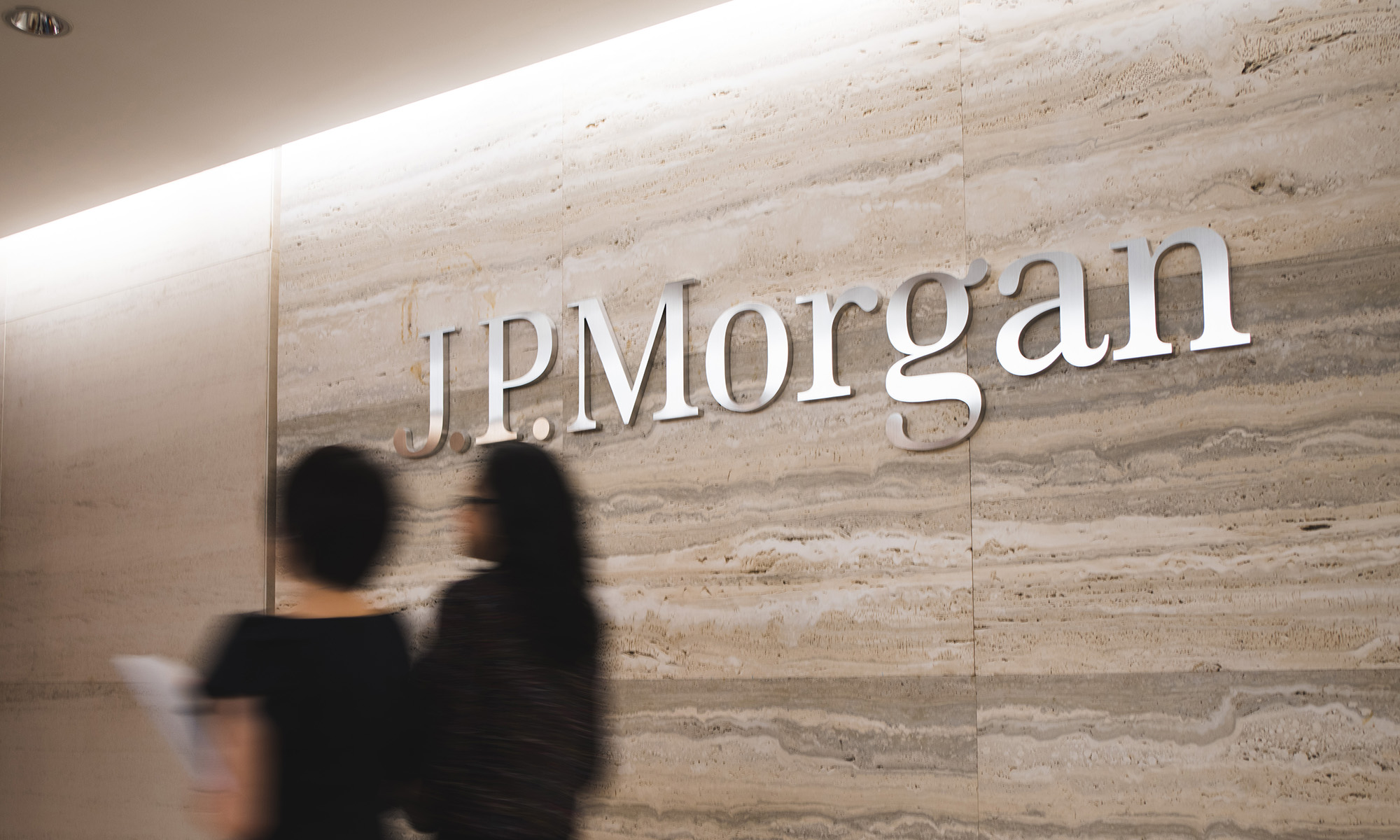"You pays your money and you takes your chances."
So goes a classic English-language aphorism. It's usage can be traced back at least as far as mid nineteenth-century England, where the variation "you pays your money, and you takes your choice" had the more positive meaning of "the power to choose belongs to the buyer." Since then, however, its meaning has has since evolved into something closer to "you made your bed, now lie in it."
When the Wall Street investment bank Bear Stearns was on the verge of collapse a little more than four years ago, the Federal Reserve brokered a deal in which JPMorgan Chase (JPM +2.26%) bought it for $2 per share (later raised to $10), along with a $30 billion government backstop. At the time, then-New York Fed governor Timothy Geithner argued that a "lack of response from the Fed 'would in effect have penalized' other businesses and banks that had 'behaved more prudently' than Bear Stearns."
In bailing out Bear, and then later Goldman Sachs (GS 0.78%), Citigroup (C +1.28%), Bank of America (BAC +0.84%), AIG (AIG +0.23%), and other institutions deemed "too big to fail," the federal government also bailed out everyone who had been doing business with them: grown-ups (and undoubtedly ardent proponents of free-market capitalism and creative destruction) who ostensibly knew exactly what it was they were getting into.
Bear, then, along with all the other financial institutions given a helping hand by the U.S. government four years ago, had paid their money and taken their chances. So why were they bailed out? Why weren't they allowed to fail? In short, there was really no other choice. Banks, businesses, and consumers alike had all becomes slaves to a financial system that was supposed to be serving us. Lacking a massive injection of money into the financial system, the country might easily have plunged into a second Great Depression.
There will be fallout
If a company like Apple fails, there is, of course, economic fallout. Companies that supply the chips, screen glass, retail boxes, and every sort of related whatnot for the company's ubiquitous devices will all take a hit if Apple ever goes under. And if the business models of said suppliers tie them so tightly to one big customer, like an Apple, some of them may themselves go under as a result.
In addition to supplier fallout, an Apple bankruptcy would also mean the destruction of billions of dollars of shareholder wealth. But one thing is certain: The economy as a whole won't go under if Apple does.
Now, as utterly indispensable many feel an iPhone is to their life, it's not nearly as indispensable as money. Money is the lifeblood of any modern economy. Without a continuous, safe flow of cash through the hands of consumers and businesses, economic life comes to a halt. Banks regulate that flow of money. As such, banking is no ordinary business, and letting one fail -- especially a big one -- in the name of creative destruction is a tricky matter.
The run on Bear Stearns
Bear's overexposure to the subprime mortgage-backed securities market, and reliance on the overnight repurchase market for funding, left it highly vulnerable to a bank run. (A run on Bear, it being an investment bank, meant that short-term lenders were pulling out their money, leaving it short of operating capital.) And once those mortgage-backed securities began to default in earnest, that's what duly happened.
As Bear began imploding, the Fed began scrambling for a solution. Why? Geithner and company knew that if Bear went down, it wasn't just a single bank going down, there was the potential for the rest of the banking system to go down with it. And if the banking system went down, so would the rest of the economy. So the Fed's solution for Bear was carried out as described above, and the financial system stabilized, temporarily.
Easy come, not-so-easy go
For those that doubted the necessity of bailing out these failing institutions, the collapse of another investment bank six months later, Lehman Brothers, should have been significant confirmation. When it filed for Chapter 11, the country's entire, vastly interconnected financial system shuddered, leaving the nation teetering on the edge of an economic abyss.
Has anything changed? Or are we all still slaves to a financial system that could go down again at any moment? Some things have changed for the better. In 2010, Congress passed the Dodd-Frank Wall Street Reform and Consumer Protection Act. One provision of that act, the Volcker Rule (which bans proprietary trading on the part of the banks), is having its intended effect: With the prospect of no longer being able to make bets with their own money, banks are finding safer, less-volatile ways to turn a profit, including good old-fashioned lending.
Internationally, stricter reserve capital requirements as set forth by the Basel Committee on Banking Supervision should make banks less vulnerable to the types of runs that Bear and Lehman experienced. But the financial system is still very vulnerable. The problem of "too big to fail" hasn't been solved. On the contrary, banks are bigger today, and capital is more concentrated than it was prior to the crash.
So who were the victims of the financial crisis, then? Bankers? Businessmen? Consumers?
The answer is all of the above. And the massive taxpayer-funded bailout that followed was unavoidable. It should be noted, however, that each of us -- banker, businessman, and consumer alike -- were all quite happy to reap the benefits of this arcanely interconnected system when it was on the way up, but not quite so keen on taking our lumps when it was on the way down. You pays your money and you takes your chances, like so many things, sounds good in theory, but not so good in practice.
Thanks for reading, and for thinking. Speaking of too-big-to-fail banks, check out our new, in-depth report on Bank of America, one of the country's most talked-about banks. I can't promise you tales of bankers gone wild, but I can promise you a concise detailing of B of A's prospects, along with three reasons to buy and three reasons to sell. Just click here for immediate access.










